More than 170 nations have agreed to develop the first draft of a global plastic pollution treaty by November, following the United Nations conference negotiations in Paris earlier this month. Should the process run smoothly the draft will be followed by a finalised version by the end of next year.
RSC science policy lead Dan Korbel, who was in Paris representing the organisation during the treaty negotiations, called the progress ‘landmark’, and said a ‘nuanced approach’ is needed that strikes a balance between ‘the great ambition the global plastics crisis warrants and what is feasible from the scientific, technoeconomic and societal perspective’. When it comes to implementing the global plastics treaty, he urged that the decision-making be underpinned by ‘robust and accessible evidence’ that focuses on solutions.
Today, the @RoySocChem added its voice to that of other official observers of the international plastics treaty negotiations, the second round of which is happening in Paris this week. #INC2 #plasticstreaty #sustainability #plasticscrisis #circulareconomy pic.twitter.com/g6Z8d6TKg5
— Daniel Korbel (@korbel_daniel) May 31, 2023
Negotiations to create a worldwide accord on plastic pollution started in February 2022 when the UN Environment Assembly approved a milestone resolution to establish the world’s first international treaty on plastic pollution in Nairobi, Kenya. Following the meeting in Paris that concluded on 3 June, the Intergovernmental Negotiating Committee’s third session will convene in November, once again in Nairobi.





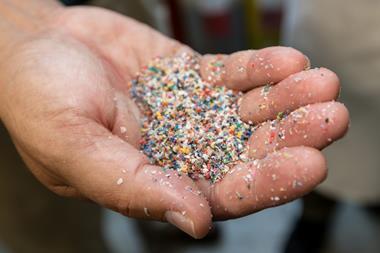
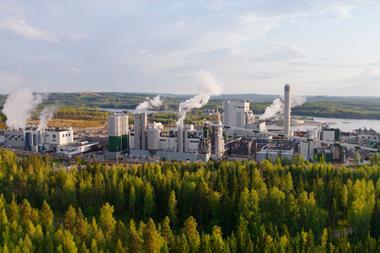
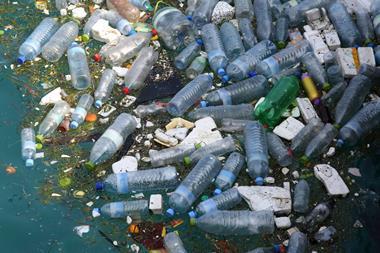
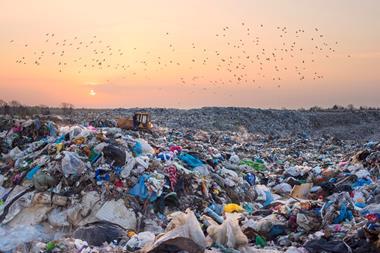
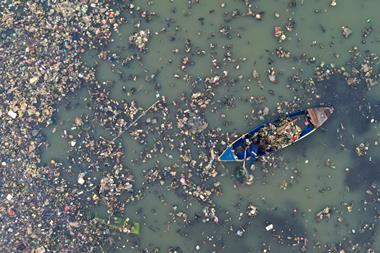







No comments yet